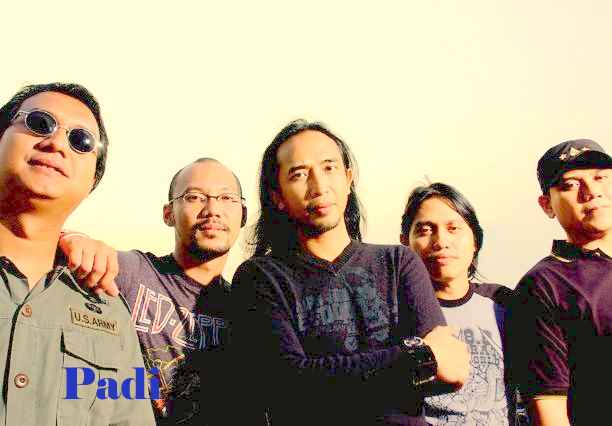
Secara khusus, akan diteliti bagaimana hubungan antara tokoh dan lembaga pendidikan Islam dan lembaga pendidikan Kristen dalam membangun kerukunan di Sumatera Utara. Artikel ini hendak mengkaji hubungan Muslim dan Kristiani. Berpijak pada asumsi itu, fokus kajian ini bagaimana hubungan Muslim-Kristiani di Sumatera Utara berlangsung pada domain dunia pendidikan. Strong>Abstrak: Asumsi dasar kajian ini adalah hubungan Muslim dan Kristiani di Sumatera Utara berlangsung dalam berbagai domain dimana interaksinya bisa terjadi secara harmonis maupun disharmonis. The implementation carried out by the community is that when issuing zakat, it is not according to the dose according to Islamic law but in a sincere way, and given directly to neighbors, orphans, the poor who are in the local community, no one has ever issued zakat on rice harvests through zakat institutions. The community knows the existence of agricultural zakat through learning from recitations at the mosque. The results of the research in Waringinsari Village show that the rice farming community understands that agricultural zakat must be issued if the harvest has reached the nishab.

The data analysis technique uses domain analysis, taxonomy, compensation, and cultural themes, with the research process after entering the field starting with determining reliable and authoritative informants, after that the researcher enters the interview stage to the informant and starts asking questions and then notes, after that The researcher asked descriptive questions followed by an analysis of the results of the interviews.

For data collection techniques, namely using observation, interviews, and documentation. This study uses a qualitative method with primary data sources sourced directly through observations and interviews with informants of rice farming communities, secondary data sources are taken from data that has been stored by other people and documentation as complementary data.

This study aims to determine the extent to which the perception and implementation of the rice farming community in Waringinsari Village when paying or issuing zakat on their rice harvest.

And 5% is issued when irrigated with a tool, water from the river. And for the dose when issuing zakat, it is 10% if you rely on rainwater or springs only. Agricultural zakat is plants, fruits, vegetables, grains such as rice, so it must be issued when it reaches the nishab, which is 653 kg of grain. Zakat is a property that must be issued by Muslims, if the property has reached the haul and nishab.


 0 kommentar(er)
0 kommentar(er)
